CBP and ICE were never honorable.
The brutality against aliens takes many forms, including that of sexual assaults, some immigration officials said. But even in these cases Federal charges are almost never brought against the offending officers.
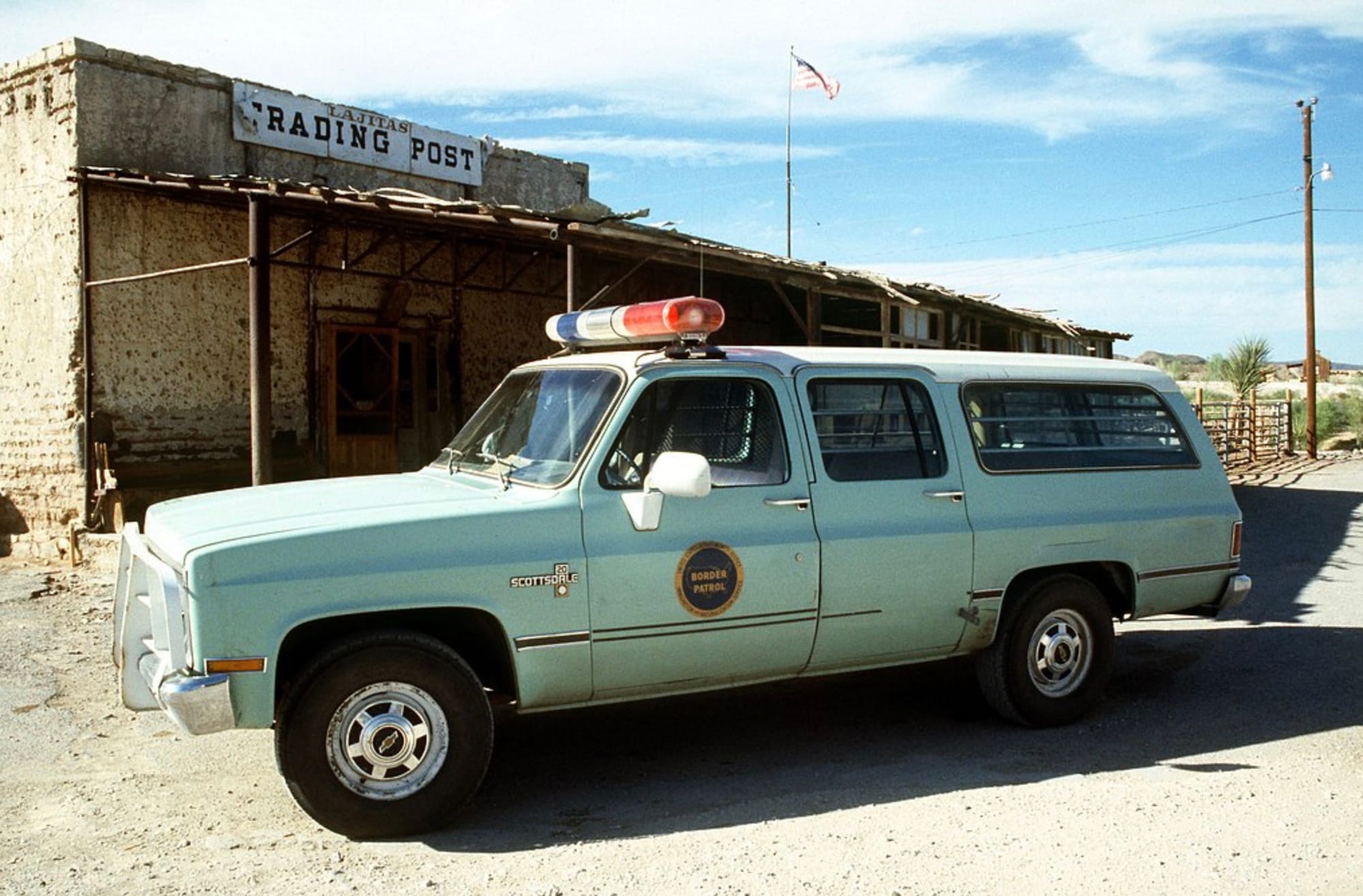
Every single day, someone replies to me that ICE and CBP were once honorable before Trump came along. Buckle up.
The following are excerpts from a New York Times article published on January 14, 1980. Every twenty years or so, the immigration enforcement agencies go through threats of accountability from the federal government. And each and every time, nothing is accomplished. What you see today in your streets is every day common immigration policing. Most of you never cared until it came to your town.
“Violence, often unchecked, pervades U.S. Border Patrol” by John M. Crewdson, author of the Tarnished Door: Crisis in Immigration.
For years, illegal [sic] aliens and Mexican Americans alike have told of shootings, beatings and rapes at the hands of the Border Patrol and its parent agency, the Immigration and Naturalization Service. Criminal charges by local prosecutors against the officers involved have been infrequent and have almost never been brought by the Department of Justice, of which the Immigration service is a part.
In interviews with past and present immigration service officials, Hispanic rights groups, legal aid societies, immigration lawyers and others, reporters for The New York Times were told of suspicious deaths, shootings, beatings, rapes and forced confessions; of incidents of torture, emotional abuse, unlawful arrests and deportations and other violations of legal and human rights by employees of the service.
Last Dec. 12, the jury in the case deadlocked 11 to 1 in favor of conviction and a mistrial was declared. Mr. Walsh plans to retry the case early this year. What concerned him even more than the systematic beatings, he said, was that they appeared to have been condoned by other members of the Border Patrol.
One investigator for the Immigration and Naturalization Service went further, asserting that the violence was more widespread than the Justice Department knew. There were, he said, other vigilante groups among border patrolmen in the San Ysidro area; he mentioned a member of one whose radio code name was “Charlie-Charlie.’
“They’d call over the radio ‘Charlie-Charlie to the loading docks’ and he’d go over and thump a wet for them,” the man, said.
Like many of those interviewed, Mr. Estiverne remains dismayed by the brutality and the tolerance for it that he said he had seen on the inside.
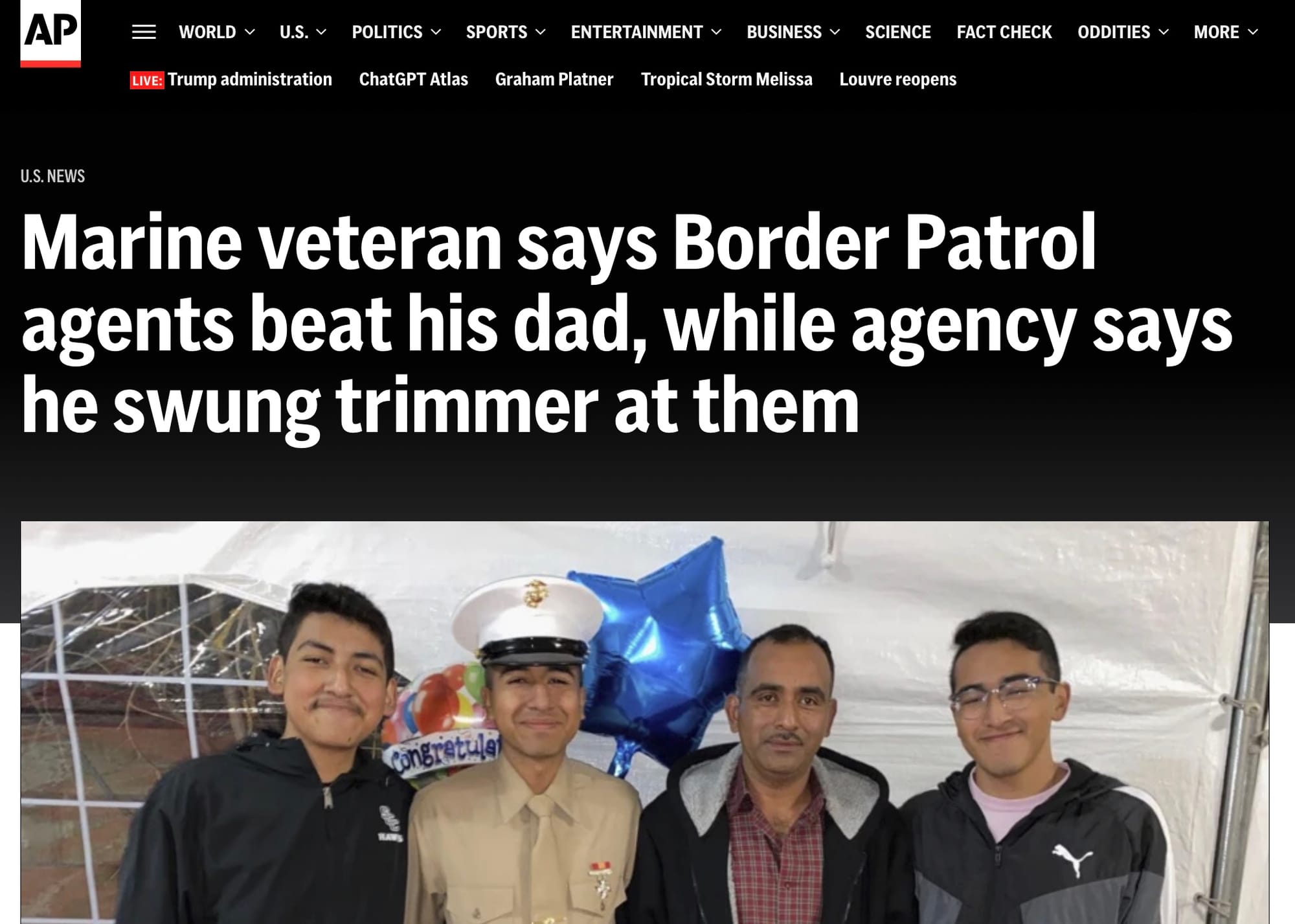
A year ago, David Krohn, another Border Patrol agent, was indicted for attempted murder by a San Diego grand jury after he shot an alien twice in the back. Mr. Krohn admitted at his trial that he had fired an “off-duty” gun and tossed it away shortly after the shooting. He was acquitted by the jury, which found that the shooting was self-defense.
Shootings are by no means the only abuses facing aliens. “I’ve seen border patrolmen beating aliens over and over again,” said Fred Drew, the only black patrolman in this area when he arrived at San Ysidro a dozen years ago.





New York Times. January 14, 1980.
The brutality is not always administered gratuitously or out of frustration. Because United States citizens are not required to carry documents attesting to their status, the easiest way to detect a false claim of citizenship is with a confession, and beatings and other abuses are sometimes employed to elicit such admissions.
Suspected illegal aliens who claimed citizenship, Mr. Begley said, were often held shoulder-to-shoulder in crowded cells at San Ysidro for a day or more, with “no change to telephone for assistance or for anybody to bring their documents to them, no food at all, no provision for it.”
“The air conditioning in the holding cells was always 10 or 15 degrees colder , than the rest of the building,” he added. “The term we used was ‘freezing, them.’” Mr. Estiverne said the same technique was employed in McAllen by placing thinly clad aliens or those just out of the showers in automobiles whose air conditioners were running at high speed.

Potentially abusive practices also occur far from the border. Marc Van DerHout, an immigration lawyer in Redwood City, Calif., near San Francisco, told of immigration agents stopping passers-by on the street, demanding their “papers” and arresting those who could not produce any.
Until they were stopped last Nov. 26 by Attorney General Benjamin R. Civiletti, officers in Los Angeles — where there is the largest concentration of illegal aliens in the country — were conducting midnight raids on private homes. They sometimes forced doors or windows, entering with weapons drawn, surprising couples in bed and taking away, in various stages of undress, those they suspected of illegal residency.
The brutality against aliens takes many forms, including that of sexual assaults, some immigration officials said. But even in these cases Federal charges are almost never brought against the offending officers.
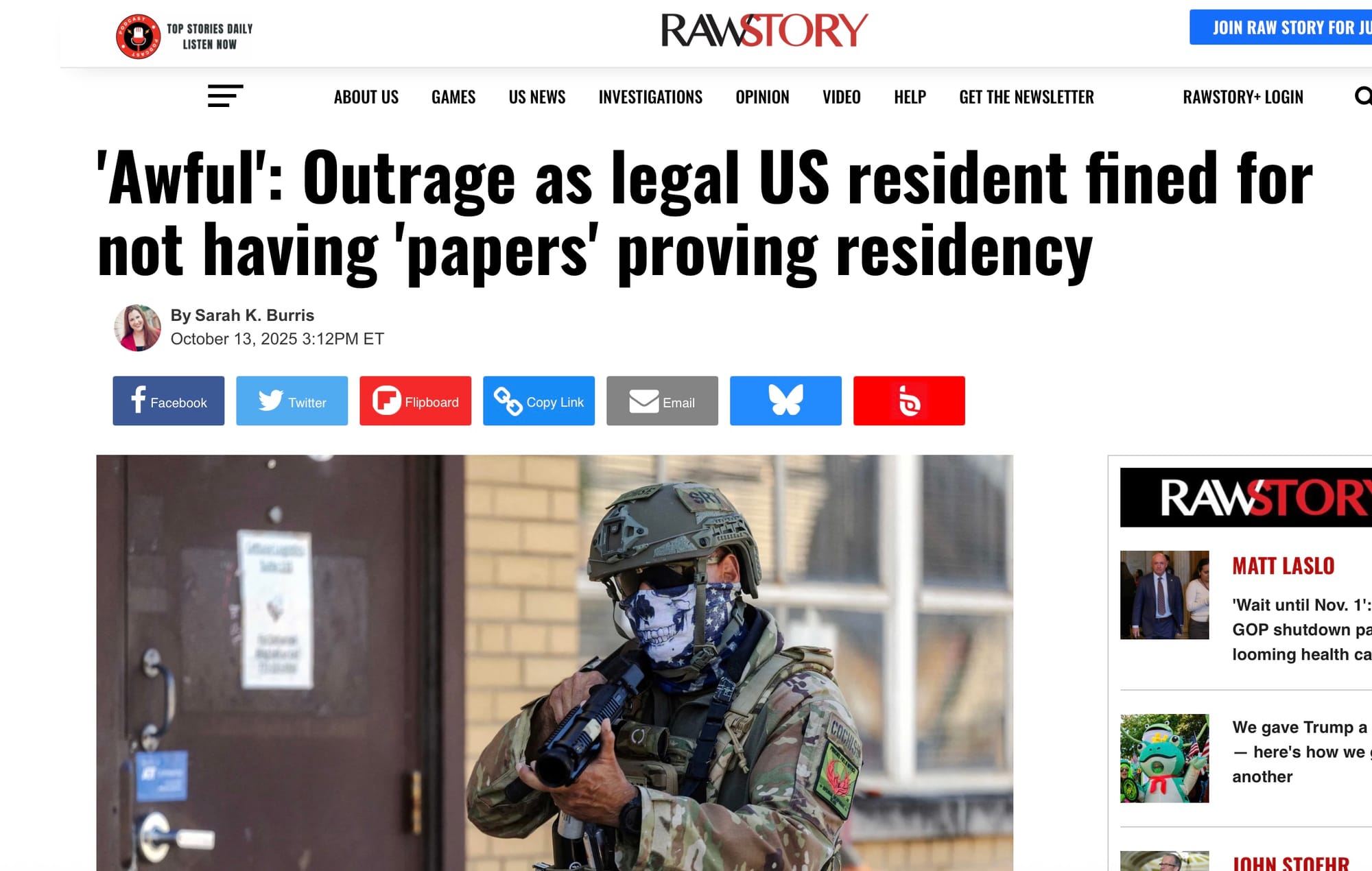
In Chula Vista, a few miles north of here, a Border Patrol agent accused of raping an alien in his custody resigned after the United States Attorney declined prosecution. Two border patrolmen accused of the same crime in El Paso were suspended for three days.
In Laredo, Tex., charges that a border patrolman had raped an alien in his custody were dropped after prosecutors said they could not locate the complaining witness, a problem that has thwarted similar prosecutions elsewhere.
Mr. Drew, the former border patrolman, remembered one senior patrolman, a supervisor, who would occasionally visit a pond on the American side of the border where women from Mexico gathered each morning to wash clothes. One day, Mr. Drew said, he watched while the man dragged a young girl away from the pond and raped her. “She couldn’t have been more than 12 or 13,”’ he said.
Sometime later, he said, he saw the same man rape an older woman in the same way. “When it was over she went back across and she was crying,” he said.
Mr. Drew said he immediately reported both rapes to his superiors, but nothing was done. Last month, still troubled by such memories, he wrote a long letter to Mr. Walsh, the United States Attorney here, outlining those and other charges.
There has so far been no response, he said.
In at least one case, the service reportedly blocked efforts to bring criminal charges against a sex offender within its ranks. Several officers told of an immigration inspector here who was widely known to give entry permits to female aliens in exchange for sexual relations. “I personally caught him on a couple of occasions wrapped up with girls in dark corners right there at the port,” one officer said.
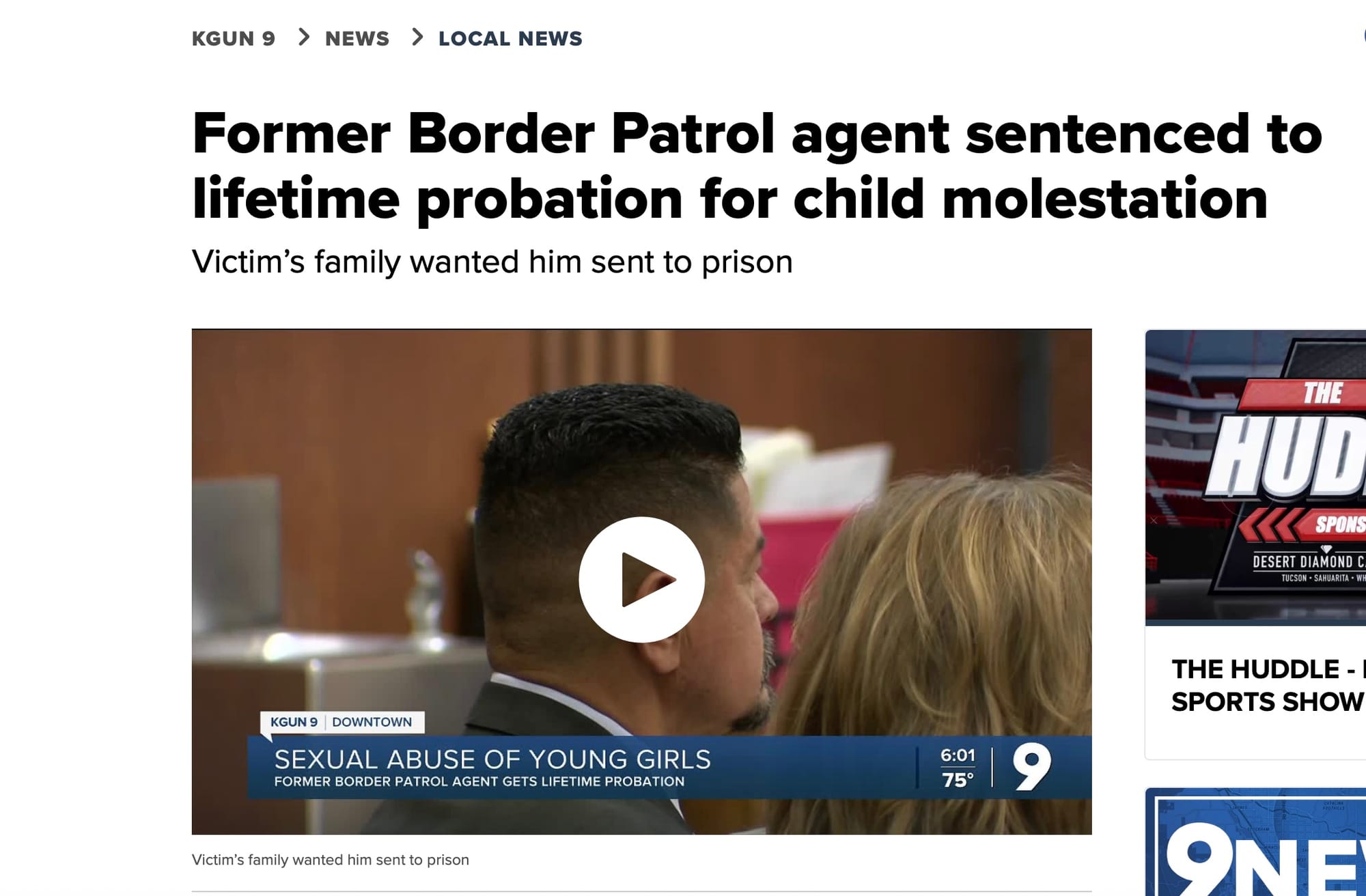
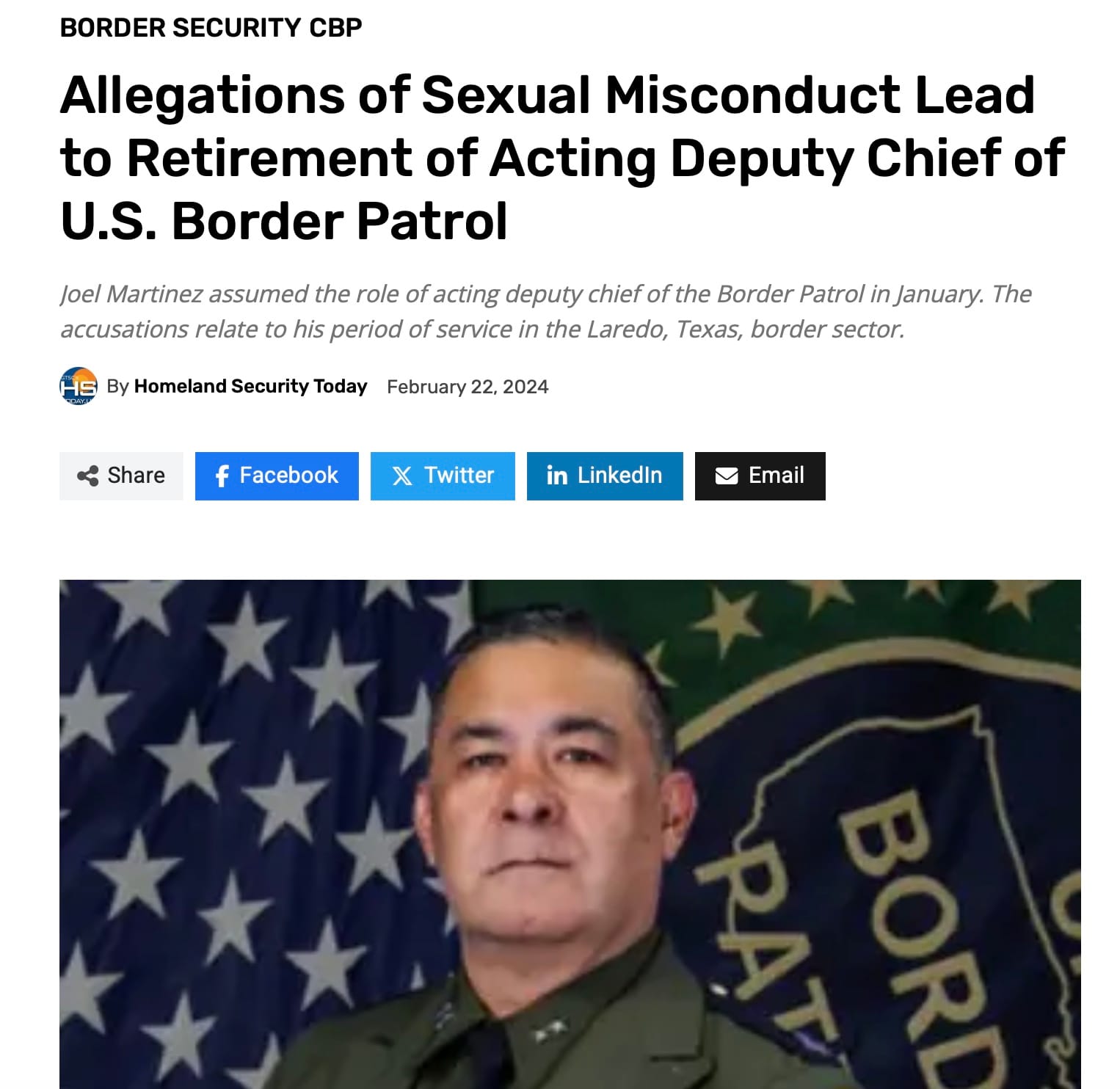
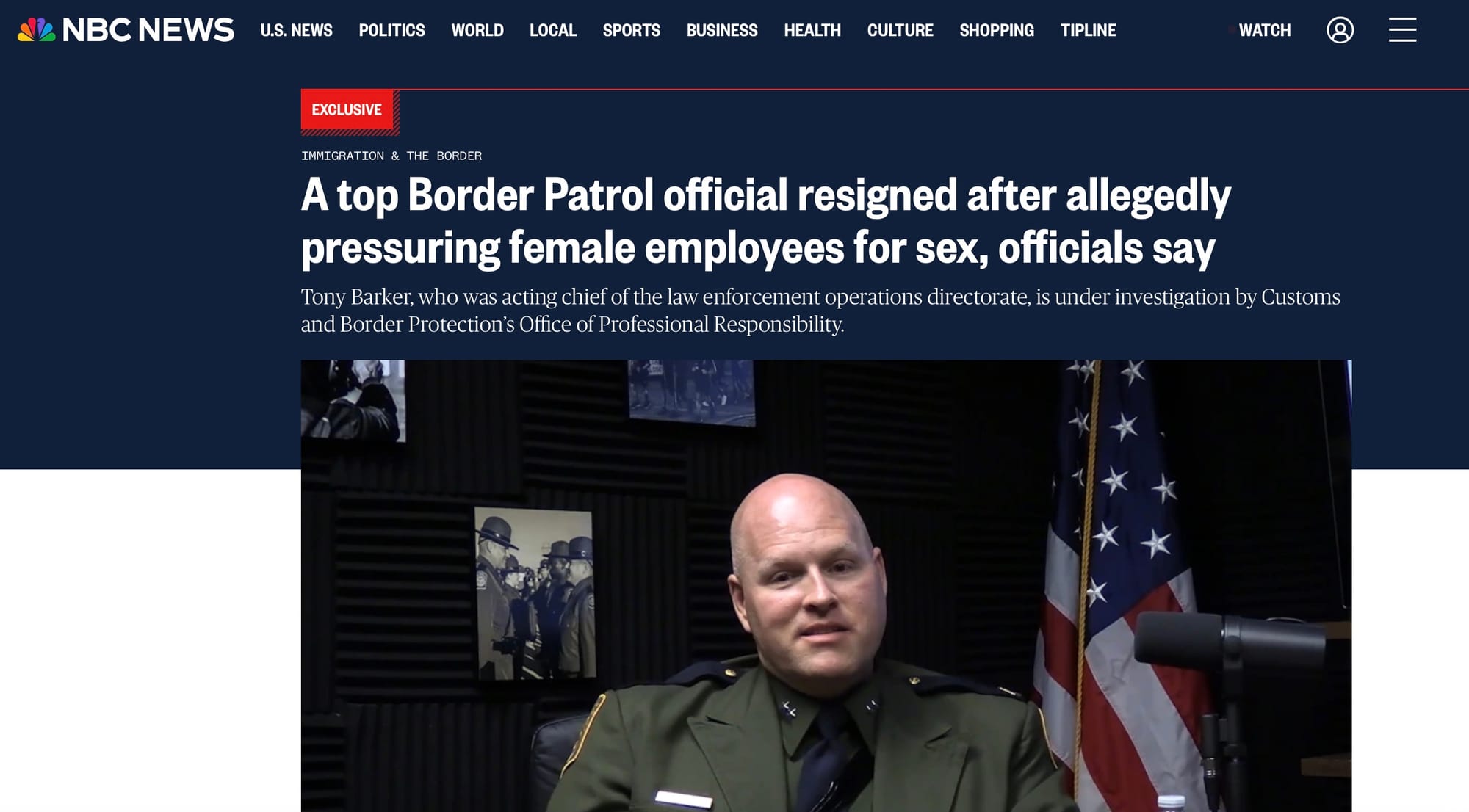
And the sexual assaults continue to be ignored. Efren Cornejo was given lifetime probation for 11 years of sexual abuse of his daughter and step-daughter. Chiefs are warned by internal affairs to retire before they are charged and lose their pensions. Then criminal charges are never filed.
Underlying the attitude of the immigration service toward the Hispanic and other aliens with whom it has to deal each day is a degree of contempt tinged with racism. Mr. Begley, who worked as an immigration inspector here for 15 months in 1977 and 1978, said that among his colleagues Mexican aliens were routinely referred to as wetbacks, wets, tonks, mojados and worse. “It is the degrading of the applicants that disturbs me,” he once wrote in a memorandum to his superiors.

The agency is sometimes especially insensitive in its treatment of alien children when they are taken into custody with their parents. Theodore P. Jakaboski, a Federal immigration judge in El Paso, told of an & year-old Colombian girl who was separated from her mother and sent by the Border Patrol, alone and penni-less, from El Paso to Juarez in the middle of the night.
Mr. Begley recalled an immigration officer at San Ysidro who arrested a woman with a 5-year-old daughter, placed the mother in a holding cell and sent the child back to Tijuana by herself.
“A lot of times,” Mr. Begley said, “you can get information out of a 4- or 5-year-old kid. “What’s your name?’ “What’s your daddy’s name?’ If you browbeat them enough, tell them ‘We’re going to leave your mama locked up forever if you don’t tell us the truth,’ the kid’ll tell you everything.”
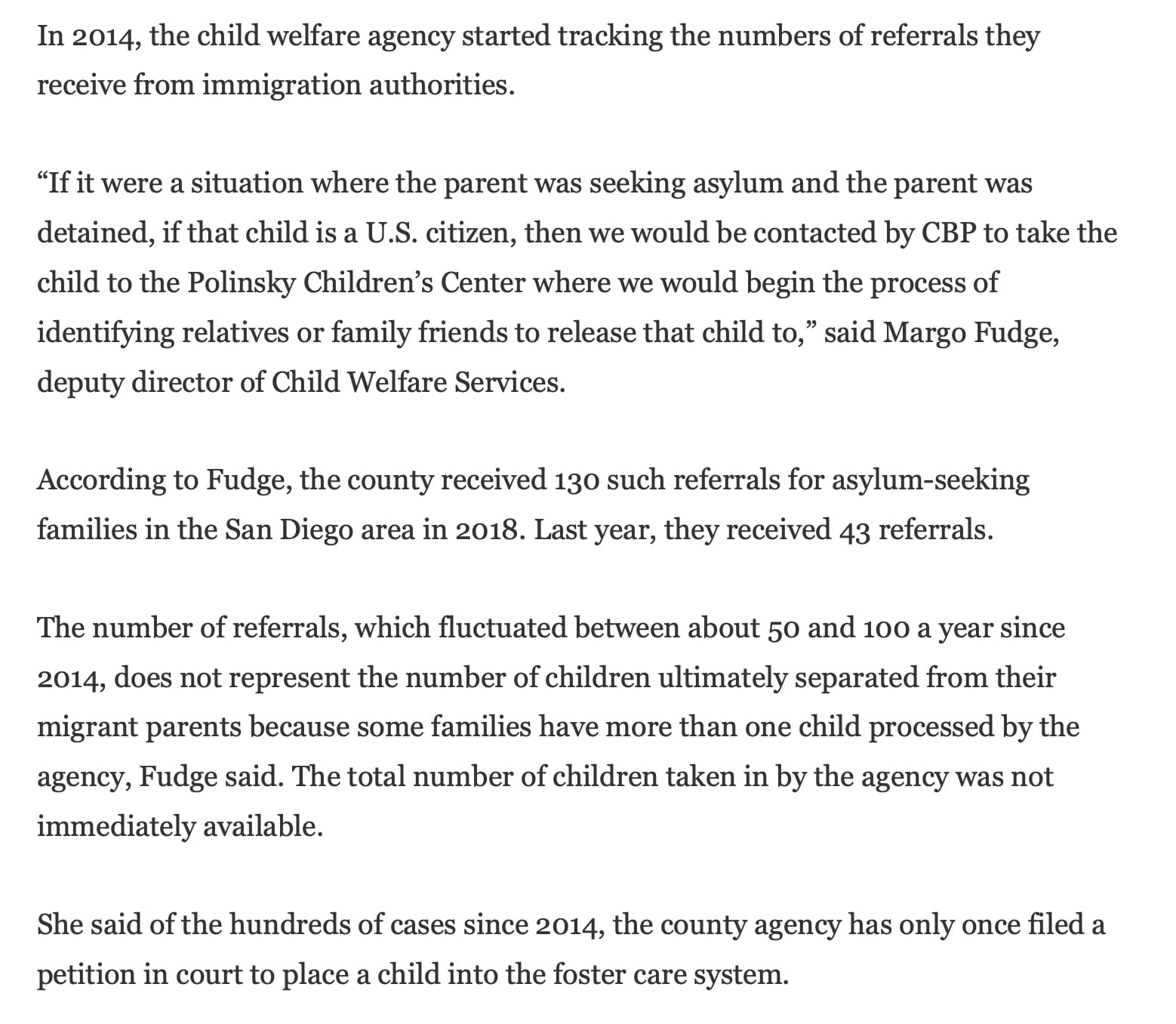


We have always taken their children and separated families. Obama used Child Protective Services to rip newborns from their mothers. Trump took children from asylum seekers for the misdemeanor crime of crossing the border without inspection, and now leaves children behind while deporting their parents today.
So, you see we were never honorable.
Americans never cared until now as immigration agents are starting to arrest American citizens. While the gear, resources and technology have changed drastically in the last twenty years, the culture is still the same. Both democrat and republican leaders in congress have known this for generations and simply allowed the agents to run wild with little accountability.
And do not forget that the current Commissioner of CBP, Rodney Scott, likes to use tear gas on migrant women and children as they stand in Mexico. He most certainly does not care that his agents are using it against you and your children.
Please stop saying these agencies were ever honorable.
Notes:
